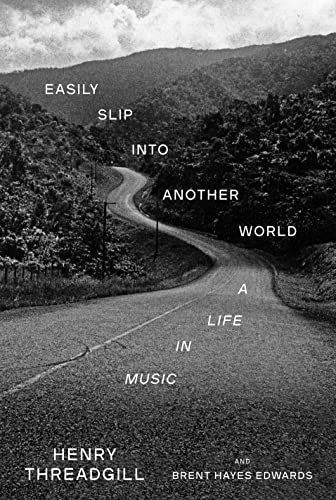What do you think?
Rate this book


416 pages, Hardcover
Published May 16, 2023
Not everything is everybody’s business.... You don’t need to know what I might have been thinking about. Instead you need to... figure out your own reaction.
My song titles are not clues to some secret meaning.
I think that ultimately the listener gets more when the stimulation is not explained. Then you have to take it in as you listen, letting the language resonate with the way you hear the music. It’s when you don’t know exactly what it means or where it comes from that its full implications come into play.
what I learned had to do with the way the music was arranged—the sense of space. They could lock into a groove, but they also knew how to be elliptical: to play a hint or a dollop in a way that suggested more.
for me, musical experimentation isn’t a matter of finding new content—I was never trying to depict the falling leaves in sound—but is instead a way of finding a formal instigation from an entirely unrelated source through a simple practice of observation. Making myself look elsewhere.
when you have that combination between drummers playing with such different senses of time, it makes for a very wide beat. The beat feels spacious and roomy. You can rummage around in it. When the beat is wide, you can put a lot of information into that space and finesse its delivery in microscopic ways. A commodious beat creates an implication of vastness in the music.
Music is everything that makes the musician: family, friends, hardships, joys, the sounds on the street, how tight you buckle your belt, the person who happens to be sitting across from you in the subway car, what you ate for breakfast—all of it.
Where is the love affair? If you haven’t had a love affair with the music, I don’t know what you’re doing in it. You have to give yourself over to it wholeheartedly and humbly without the thought of any kind of reward.
art in life, art as life, art as inescapable as gravity: a force that sneaks up on you as you’re going about your everyday business and takes you somewhere you didn’t know you needed to go.